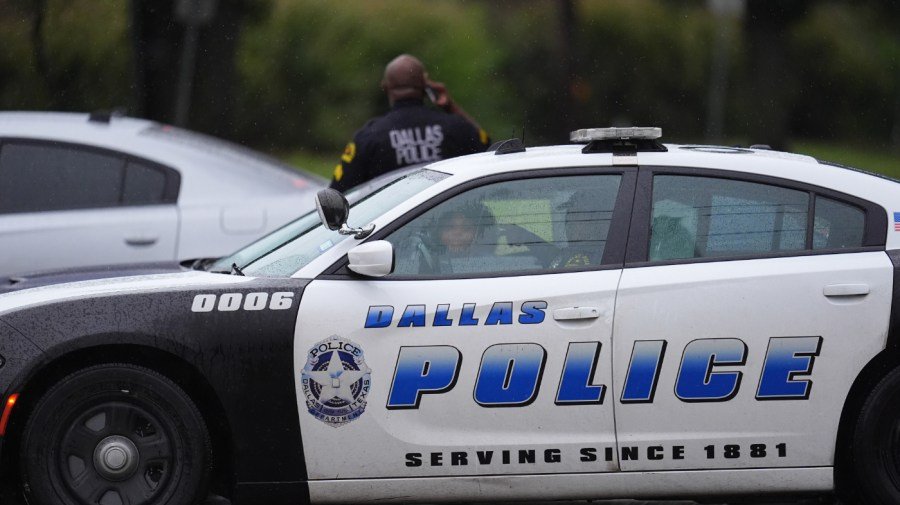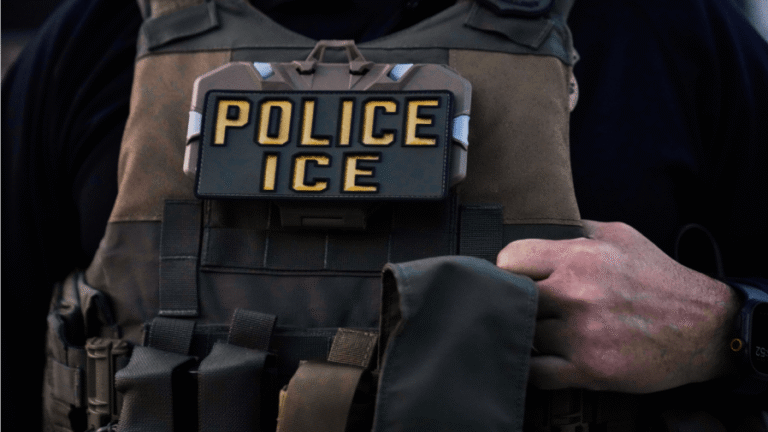
When Dallas Police Chief Daniel Comeaux rejected an invitation to join the federal 287(g) immigration enforcement program, he made the right call, and the timing could not be more consequential.
At the very moment local law enforcement across Texas is being asked to wield federal immigration authority, the Justice Department’s Civil Rights Division, the nation’s most powerful guardian of equal justice, is being systematically dismantled. That retreat from police reform oversight means that when things go wrong in programs like 287(g), there is increasingly no federal watchdog left to step in.
The division has withdrawn from major police reform cases and abandoned consent decrees designed to correct “patterns and practices” of unconstitutional policing in cities such as Minneapolis, Louisville and Phoenix.
Its attorney ranks have been gutted, its litigation paused and one of its central missions — enforcing constitutional limits on law enforcement and correctional agencies — has been effectively neutered. This is not “streamlining.” It is the deliberate evisceration of the federal government’s capacity to protect citizens from systemic civil rights violations.
That retreat should alarm every Texan, because its impact extends far beyond the cities that once had consent decrees. It reaches directly into the roughly 150 sheriff’s offices across Texas that now operate under 287(g) agreements, where local deputies exercise federal power.
Section 287(g) of the Immigration and Nationality Act allows U.S. Immigration and Customs Enforcement to deputize local officers to perform limited immigration functions. When used properly, the program can help identify individuals with serious criminal convictions who are subject to removal. But history shows how easily that authority can go off course.
In Arizona, both the Justice Department and private plaintiffs exposed what happens when immigration enforcement merges with local policing.
In U.S. v. Maricopa County, the Civil Rights Division sued Sheriff Joe Arpaio’s office for a pattern of discriminatory policing and unlawful detentions. In a companion case, Melendres v. Arpaio, Latino motorists proved that deputies had engaged in systematic racial profiling and unconstitutional traffic stops.
Together, those cases showed how quickly delegated federal power can slide from cooperation into a constitutional crisis — and how indispensable federal oversight is to stop it.
Private lawsuits like Melendres can and sometimes do obtain injunctive relief, but even the most successful rarely achieve the kind of department-wide, court-monitored reform that only the Justice Department’s pattern-or-practice authority can compel.
A private suit may change a policy or compensate victims, but it cannot impose the sustained, structural oversight that comes when the Justice Department brings a case under federal civil rights law, and a court appoints an independent monitor. When the Civil Rights Division withdraws from that role, the entire system loses its most effective mechanism for institutional accountability.
Chief Comeaux’s decision to keep Dallas out of the 287(g) program deserves recognition not only for its emphasis on community trust, but also for its awareness of this larger vacuum.
The very federal safeguards designed to monitor and correct abuses are being dismantled. Texans should care deeply that the Civil Rights Division is pulling back from its pattern-or-practice work precisely when police oversight remains urgently needed.
Some may argue that it is unfair to assume police or sheriff’s offices will engage in unconstitutional conduct. That misses the point. Oversight is not about presuming bad faith; it is about recognizing risk.
The problem is not that every officer or agency will overstep. The vast majority serve with honor and integrity. But when abuses do occur, victims — often immigrants or citizens mistaken for them — have nowhere to turn. Federal oversight exists because experience has shown that without it, even isolated misconduct can metastasize into systemic violations.
For those of us who served inside the Justice Department, the Civil Rights Division was the institutional conscience of federal law enforcement — the voice that could tell a mayor, a police chief or a sheriff, “The Constitution still applies here.” When that voice goes silent, it is not just vulnerable communities that lose protection; it is the credibility of the rule of law itself.
Texas cannot afford to ignore what is happening in Washington. Expanding local immigration enforcement while gutting the nation’s civil-rights watchdog is an invitation to repeat Maricopa County’s mistakes. Dallas has chosen accountability over expediency. The federal government should do the same.
Daniel H. Weiss is a former principal deputy chief immigration judge and former deputy chief in the Justice Department’s Civil Rights Division, overseeing pattern-or-practice investigations of state and local police agencies. He is currently senior counsel with Roy Petty and Associates and an adjunct professor of law at Southern Methodist University’s Dedman School of Law.


